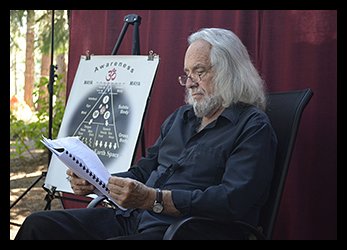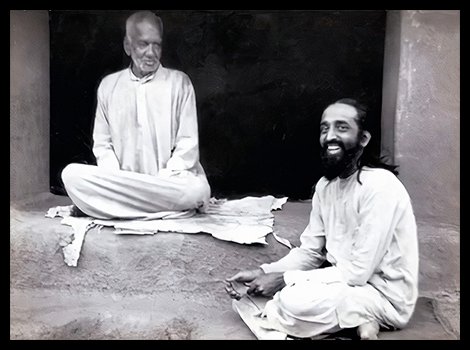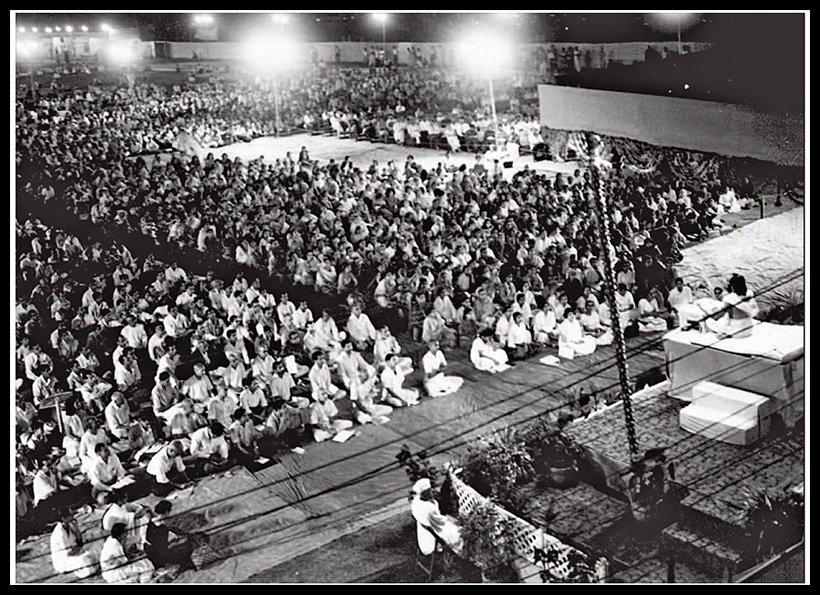1. I am whole and complete, non-dual, actionless, unlimited, ever-present, ordinary awareness/consciousness, the Self. My nature is unconditioned presence, fullness, pure love, pure existence,...

Satsang is a compound Sanskrit word that means “keeping the company of the Self.” The Self, Awareness, is the true nature of everyone and one keeps company with it by continually meditating on it in many ways. One of the most effective methods involves discussing non-dual teachings with someone whose knowledge of his or her identity as Awareness is doubt-free, to get clarity with reference to Self inquiry. The satsangs posted here are answers to the questions of many people around the world who are interested in enlightenment and committed to Vedanta as their preferred means of Self knowledge.

Now that Vedanta is well known in Western spiritual circles, it has become commonplace for unqualified “teachers” to identify with it. A qualified teacher is called a mahatma, someone immersed in the Vedic tradition who has been taught the methodology by someone who has been properly taught in an unbroken chain of teachers, through Shankaracharya, back to the Upanishads, the source texts themselves. My teacher, Swami Chinmaya, seen here with his teacher, Swami Tapovan Maharaj, satisfies this qualification. I have not strayed from the tradition since my introduction to it in 1968 and teach traditional Vedanta, although not in the traditional monastic format.
Chinmaya Teaching in a Traditional Setting

Petra:I was confused about one point and didn’t have time to ask the question, so I’m hoping you’ll be able to answer it. Ram...
Christine Abrahams,EdD, NCC, NMHC, LPC, ACS, is the supervisor of school counseling services for Hopewell Valley Regional School District, New Jersey, where she also...
Questioner:There is a question that keeps coming up, and I would like to ask you regarding thekoshas. It seems to be that for most...
Harrison:I read Carol Whitfield’s bookThe Jungian Myth and Advaita Vedanta. She makes an interesting point about the Shadow of the West being different to...
Questioner:Dear Sundari, thank you for your last email. I am very happy to see that the book is now available. We have bought it...
Questioner:Dear Sundari and Ramji, I hope this is okay to write and tell you both what I realized I had to do to change...
Questioner:Greetings, Sundari. It’s been a few months since I last wrote. I hope all is well with you. Can you speak to me about...
Allen:I have read somesatsangsat ShiningWorld on the subject, but was looking for a direct plan for resolution. Here is the question: Please, can Sundari...
GD:You are rendering noble service to seekers of spirituality. My salutations to you. Sundari:Thank you. GD:My question is: If Self-knowledge is non-objective, does this...
Peter:Dear James and Sundari, I am writing to thank you both for the bookThe Yoga of Love.I recently had a computer malfunction that wiped...
Sundari:Dear Aliya, I am not your teacher and you have not asked for teaching from me, though recently you have stated you wanted tosatsangwith...
Mike:Dear Sundari, hello. In the past you have helped me quite a bit with unfolding the teaching. When I first contacted you, the nature...
Anne:I have discovered ShiningWorld in January after a very, very long spiritual journey and have started reading and viewing videos of James. Rory:Wonderful! I’m...
A contemplative temperament must be cultivated. Swami Dayananda makes an important distinction between giving up things and growing out of things. When you were...











